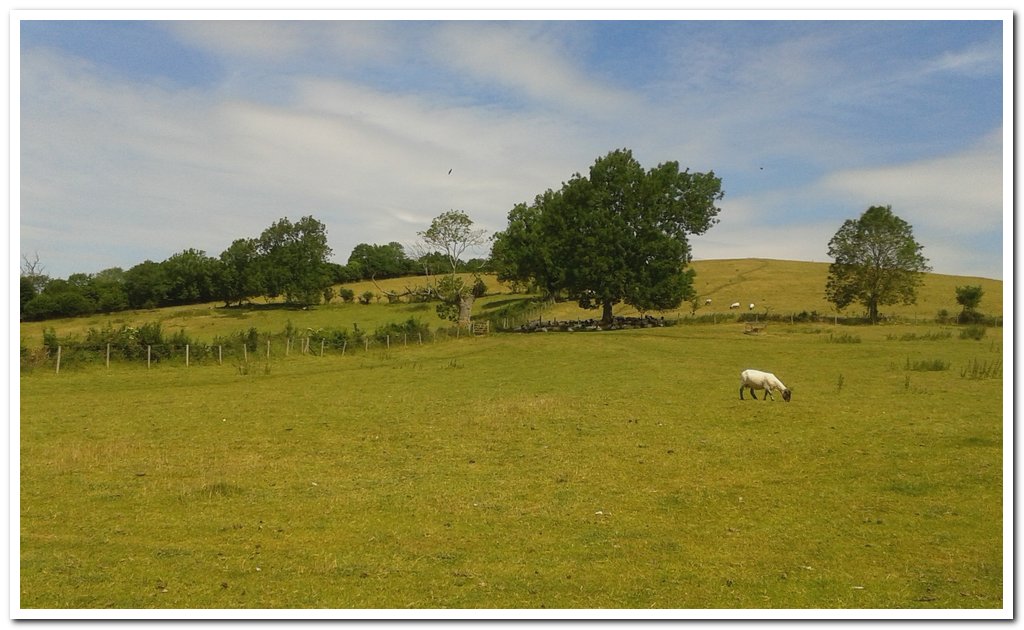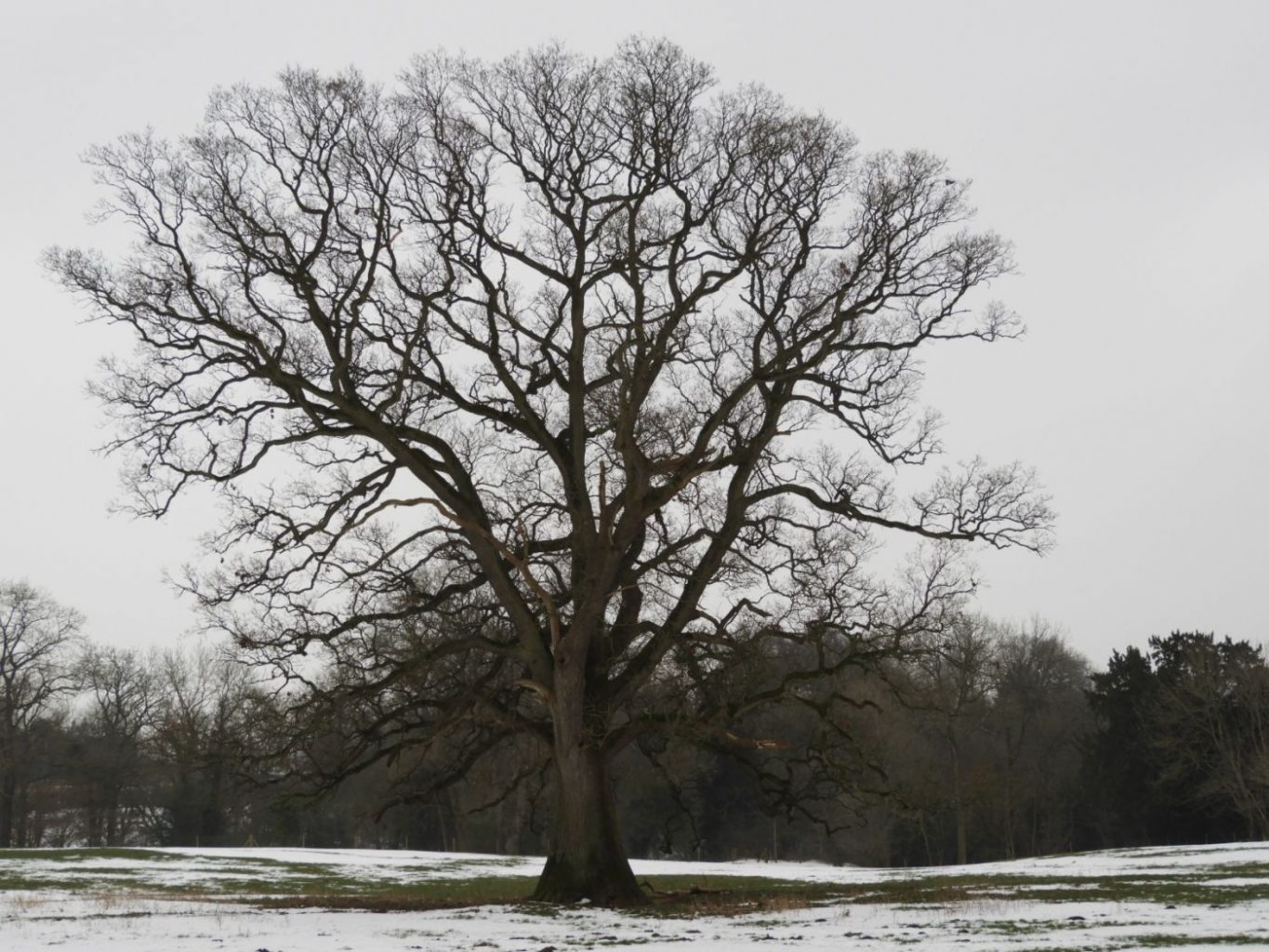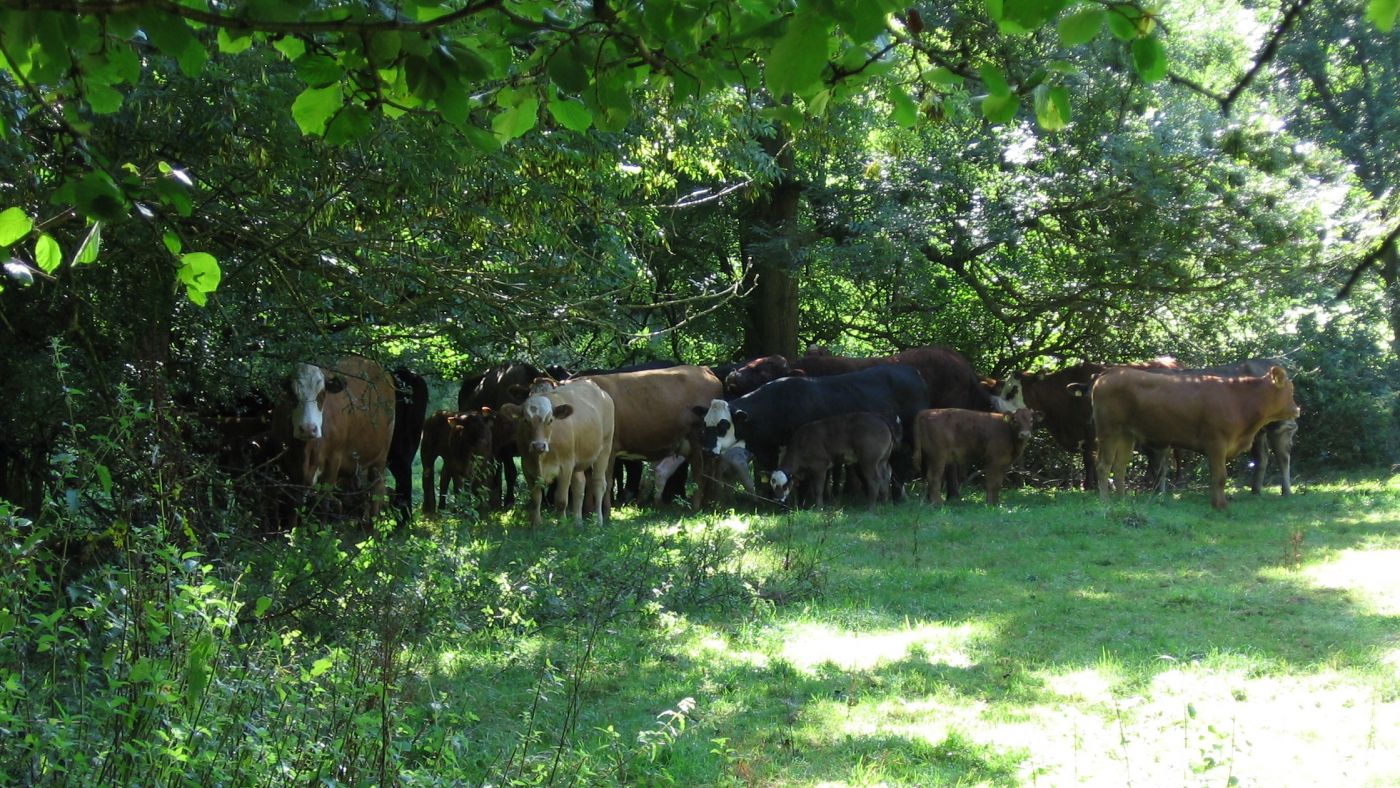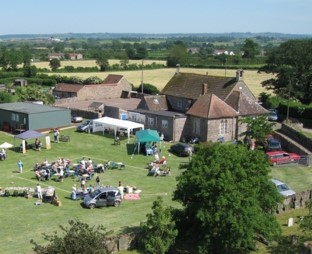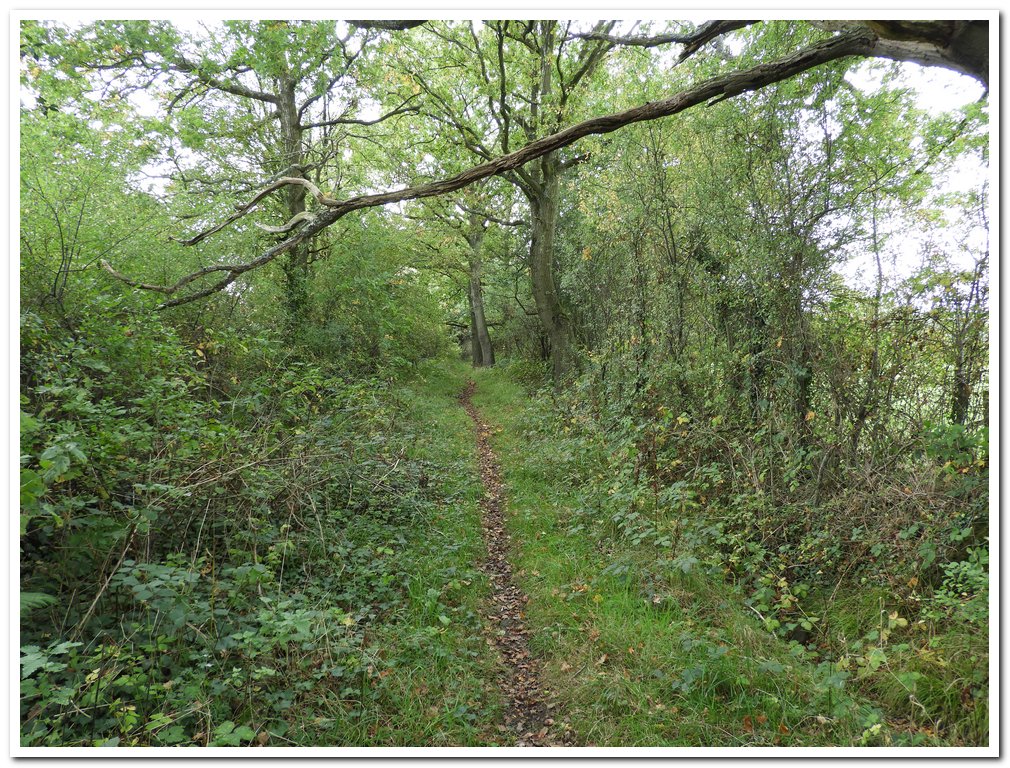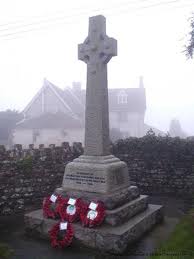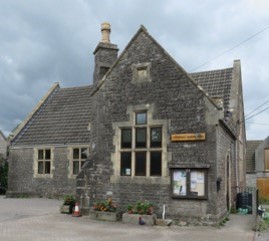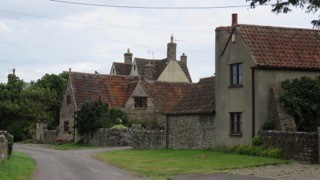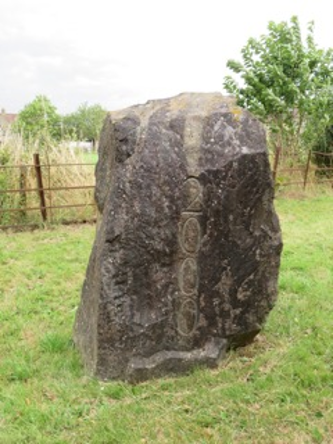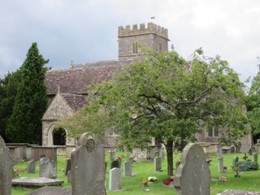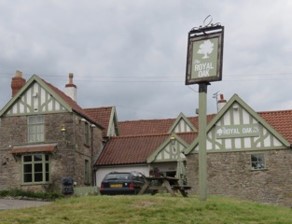VIRTUAL NOTICEBOARD
|
Cromhall Parish Council is the closest tier of local government to you. Thank you for visiting our website which we hope you find interesting, useful and informative. Our responsibility as your Parish Council is to represent the interests of all residents of the parish, whether this be environmental issues, planning applications, the preservation and improvement of our open spaces, community facilities or recreational matters. We aim to fulfil the needs and represent the views of all members of our community, for their enjoyment as well as that of visitors and, of course, future generations. At the heart of our remit is ensuring that our priorities and initiatives reflect the wishes of the electorate. As such, every Council meeting is open to residents of the parish and includes an open session for public participation. Please feel free to attend these meetings if there are issues you wish to raise as there is a public participation slot at the beginning of the meetings between 7.30 and 7.45, when you may address the meeting on subjects that concern you. This site enables you to catch up on how your Parish Council is serving you. These pages include all the minutes of Parish Council meetings. If there is anything that you feel the Council should be aware of or where it can help or support you, then please speak to one of the Councillors or contact the Clerk. Cromhall Parish Council has signed up to the Civility and Respect Pledge. |
 |  |  |
Cromhall Parish
Cromhall parish sits in an ancient landscape. Slickstones Quarry (an SSSI) is an outstanding site for reptilian faunas and there is even a carnivorous dinosaur named after Cromhall, Agnosphitys cromhallensis. Farming dates back to Roman times. There is a long history of religious presence in the area with the story of the seventh century Cromhall hermit.
More recently evidence of the industrial lime and coal workings can be found in the numerous tumps or spoil tips dotted around the parish. Quarrying and agriculture remain to this day.
The name Cromhall is believed to originate from Anglo Saxon times combining two old English words, ‘crumbe’ meaning bent or crooked and ‘halh’ meaning a nook or corner of land where the early village was in a corner of land surrounded by Cromhall stream.
Cromhall, which includes Leyhill and many small hamlets, outlying homes and farms, is a small rural parish located in the north of South Gloucestershire, close to the Cotswold ANOB – the 2021 census shows 299 households although the overall population is recorded as higher as it includes residents at Leyhill Open Prison. The original village no longer exists and today the ‘village’ comprises a series of scattered hamlets with distinct names which predominately follows the line of the B4058 for just over a mile, making Cromhall one of the longest villages in the country:
Bibstone which may have originated from a combination of a person’s name and ‘tun’ or farmstead, Townwell, Longcross where the Bristol, Talbots End and Church Lane roads meet, Talbots End which contains some of the oldest buildings in Cromhall and Heathend where The Green (now a designated village green), may have been an early meeting place for travelling traders which developed from the eighteenth century onwards as the population increased and roads improved.
Images of Cromhall


